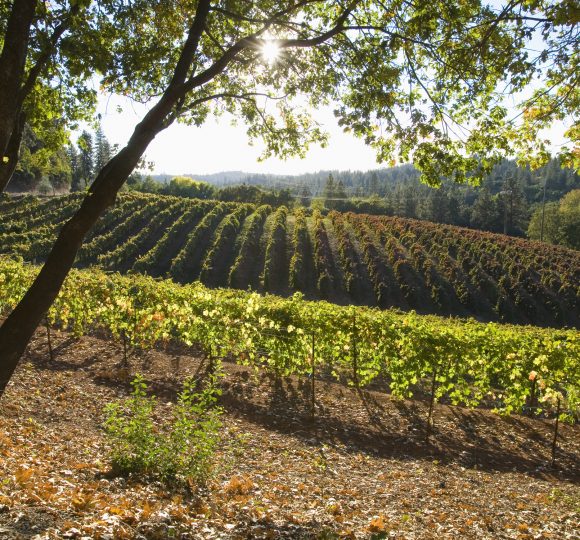Large-scale migration of urban people seeking a better quality of life in rural places has generated considerable concern about “rural sprawl.” In a multimethod, fine-scale, longitudinal study of land ownership and use in Nevada County, we found that this quintessential “exurban” community reveals a complex story of interacting social and ecological change with some reasons for concern, but also optimism. Land-use data from 1957 to 2001 shows dramatic fragmentation of the county’s landscape as a result of increased residential use. The full scale of this transition is not visible because many parcels that are already zoned for further subdivision and residential use remain undeveloped. The related ecological changes have been mixed so far, with tree cover and riparian areas recovering from historic mining, ranching and timber harvesting. These changes are not incidental: many residential owners expressed a strong conservation ethic. However, ecologically harmful effects of increased residential use are present as well. In surveys and interviews, rural-residential owners revealed conflicting feelings about their changing landscape: most are concerned about preserving their quality of life and preventing the ecological impacts of further growth, but also do not want additional government regulations. Research on a fine scale into the cultural basis of ecologically beneficial and harmful rural-residential land-use practices can assist policymakers in crafting innovative and effective growth-management institutions.
Publications
Landscape Changes in Nevada County Reflect Social and Ecological Transitions
Publication Name
California Agriculture
Downloadable Documents
Links
Author
Peter A. Walker, Sarah J. Marvin and Louise P. Fortmann
Publisher
Davis, CA: University of California
Page Numbers
115-121
Publication Date
October 01, 2003
Publication Type
Articles
State
California
Keywords
Environmental Issues, Land Use Changes, Land Use Planning, Smart Growth / Growth Management





